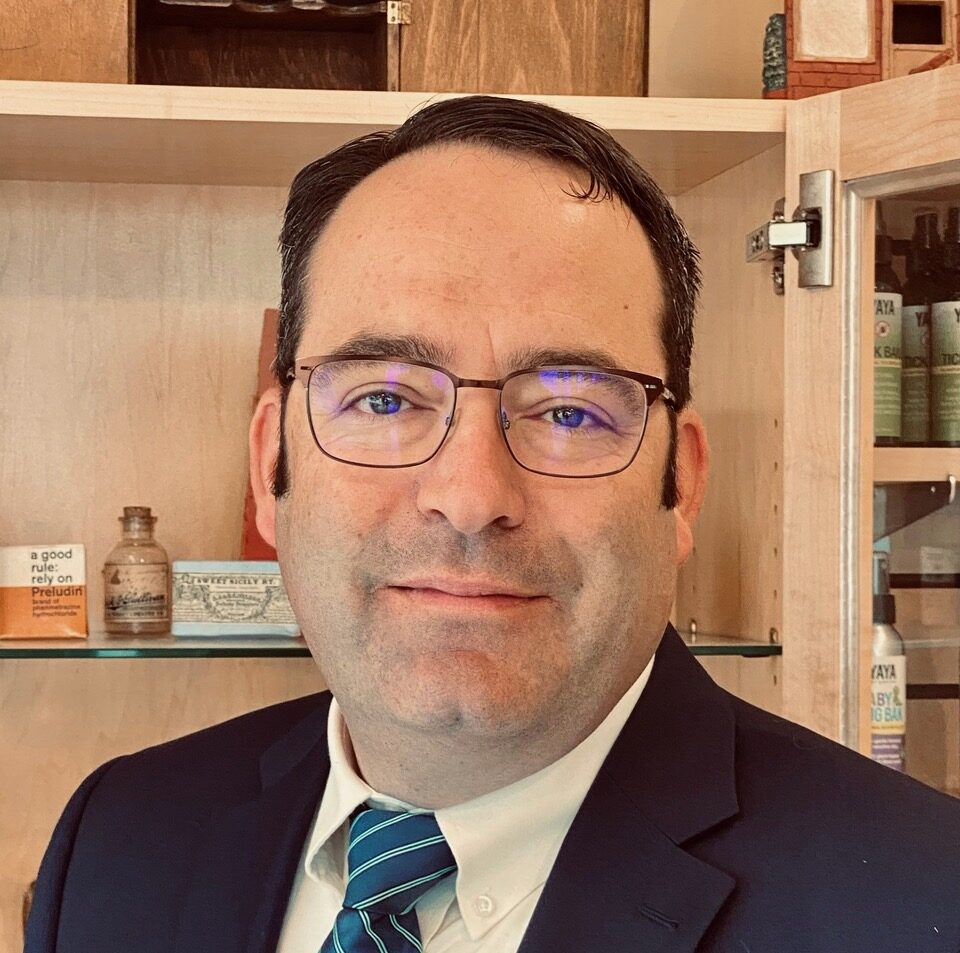For nearly three decades, I’ve been a pharmacist practicing in New Hampshire. Many times during my career, I’ve witnessed a familiar scene play out: the apprehension etched on patients’ faces as they approach to collect their prescriptions, wondering how much this vital medication will dent their already strained budgets. This anxiety isn’t confined to the elderly or those grappling with rare conditions; it resonates with anyone who’s felt the pinch of soaring healthcare expenses.
Understanding the root causes of these high drug costs reveals a tangled web of market dynamics, regulatory frameworks, and the substantial investment required for research and development. It’s a multifaceted issue, and any politician peddling simplistic solutions is either misinformed or disingenuous. Yet, amidst this complexity, one player stands out for its disproportionate impact on patients’ wallets: Pharmacy Benefit Managers (PBMs).
PBMs lurk behind the scenes of prescription drug programs, wielding considerable influence over what pharmacies are paid, setting co-pays, and pocketing rebates from manufacturers. Their operations often remain obscured, leaving patients bewildered by fluctuating costs and feeling powerless in navigating the system. It’s a system ripe for exploitation, where the interests of patients are often sacrificed at the altar of profit margins.
Recognizing the urgency of addressing these inequities, I’ve endorsed two legislative initiatives in our state legislature: Senate Bills 555 and 354. They represent crucial steps towards fostering transparency and reining in the unchecked power of PBMs.
Senate Bill 555 endeavors to shed light on the murky world of prescription drug pricing by compelling insurers to pass on a more substantial portion of rebates directly to patients. By mandating that at least 50 percent of these rebates be applied to patients’ out-of-pocket expenses, the bill aims to provide much-needed relief to individuals grappling with the burden of escalating healthcare costs. In an arena where opacity reigns supreme, this move towards greater transparency is a beacon of hope for patients navigating the modern healthcare gauntlet.
Meanwhile, Senate Bill 354 takes aim at the dubious practice of “accumulator” policies, which allow insurers to double-dip by pocketing third-party payments without offsetting patients’ deductibles. This questionable maneuver not only undermines the financial security of patients but also perpetuates a system rife with exploitation. By outlawing such exploitative practices, SB 354 strikes a blow against the forces that prioritize profit over patients’ well-being.
Moreover, SB 354 isn’t just about protecting patients’ financial interests; it’s a testament to the power of collective action in the face of adversity. Spearheaded by a coalition led by the American Cancer Society, this legislative push underscores the dire need to lower the financial barriers to accessing life-saving treatments. At a time when the focus should be on defeating diseases like cancer, SB 354 represents a crucial step toward ensuring that financial constraints don’t stand in the way of patients’ recovery journeys.
Here in the North Country, where healthcare resources are scarce, and patients often face arduous journeys to access specialized care, the impact of these legislative measures cannot be overstated. By curbing the excesses of PBMs and dismantling unfair insurance practices, we’re not just chipping away at the barriers to healthcare access; we’re paving the way for a more equitable healthcare system that puts patients’ needs front and center.
In conclusion, Senate Bills 555 and 354 aren’t just pieces of legislation; they’re beacons of hope in a healthcare landscape marred by inequity and exploitation. By championing these bills, we’re not just advocating for incremental change; we’re ushering in a new era of transparency, accountability, and compassion in healthcare. The road ahead may be fraught with challenges, but with perseverance and collective action, we can build a healthcare system that leaves no one behind.


